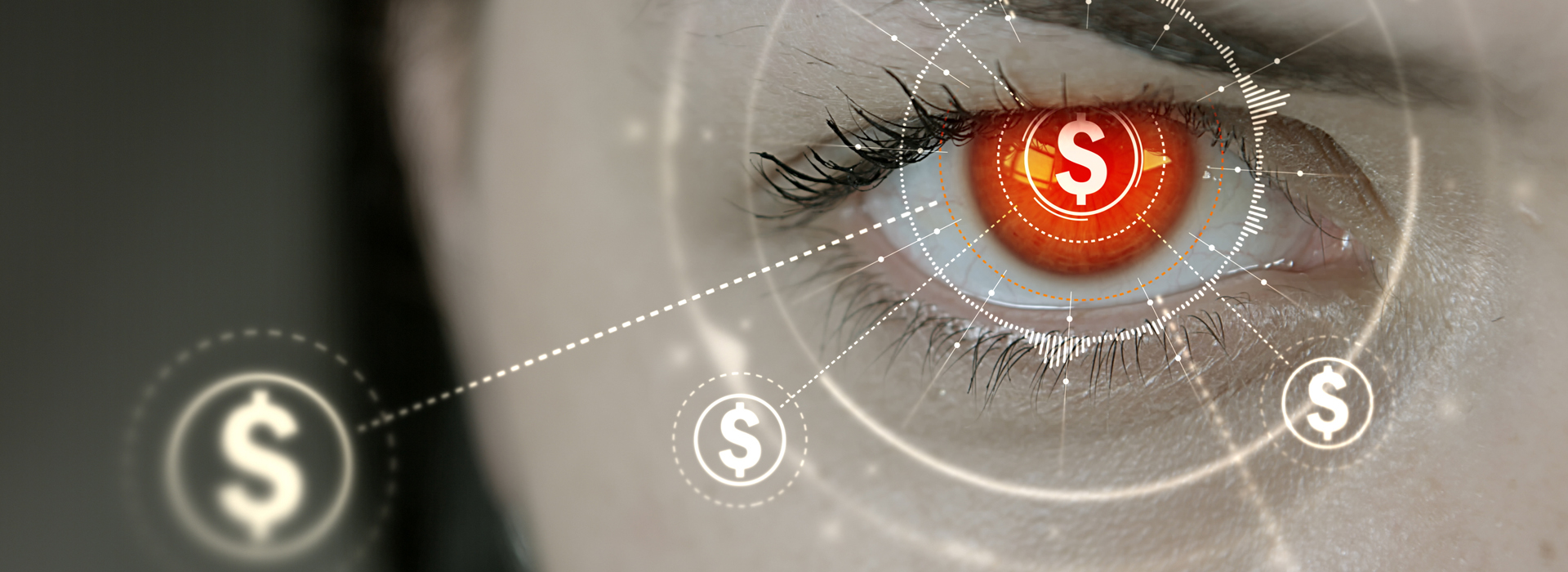
We hope that you’ve enjoyed and found our artificial intelligence series beneficial for your nonprofit. We sought to provide you with ideas to help your charity accomplish its mission. So, this week wanted to explore artificial intelligence and fundraising. In other words, we wanted to share with you how to raise more with the use of AI.
However, in case you missed our previous articles on the topic of AI and the nonprofit sector, here’s the series:
- Artificial Intelligence: What You Need to Know
- Artificial Intelligence and Its Use for Nonprofits
- AI & Hiring Nonprofit Candidates
As you know, nonprofits collect vast amounts of data. And if you’re a nonprofit fundraiser, you probably got financial information. But one of the most important things fundraisers want to understand is the patterns for giving of donors. Meaning, fundraisers want to know what motivates someone to contribute and when. Now AI could predict those behaviors.
Synthesizing this information is not easy and requires in-depth analysis. And that’s especially with more extensive databases so fundraisers could obtain information helping them understand how best to optimize their overall fundraising efforts. Now AI could predict those behaviors.
AI now helps fundraisers maximize their fundraising based spotting behaviors and patterns of what resonates with contributors and supporters. In short, they could tell you when a prospect is likeliest to give, how much, and for what program. Three platforms currently exist for combining artificial intelligence and fundraising.
1. Gravyty with AI
In 2017, Gravyty got named the “new fundraising idea that worked” by The Chronicle of Philanthropy. The reason was that with the use of its artificial intelligence technology. In short, it helped Cure Alzheimer’s Fund raise 49 percent more revenue in its first year. Ultimately, that provided a bump of 5 percent on donor retention.
Its platform could integrate with Blackboard, Salesforce and other databases. In doing so, it analyzes data captured by nonprofits and provides actionable intelligence. One of the most exciting features of Gravyty is its “First Draft” tool. Essentially, it could create personalized draft emails truly customized to each donor based on their giving patterns. Additionally, it helps major gifts officers prioritize who they need to contact for stewardship and solicitation.
The company understands the power of its tool. As a result, it also created the AI in Advancement Advisory Council (AAAC). In short, the group consists of fundraising professionals developing ethical guidelines for best practices in the nonprofit sector.
2. Cloud for Good
Salesforce developed this platform and to date it’s done more than 1,500 implementations. As with Blackbaud, Salesforce actively operates within the nonprofit sector for years. Moreover, it’s considered one of the fastest growing companies in the country between the years 2014 and 2017. Additionally, Salesforce is a certified B-Corp.
Because of the tremendous power of artificial intelligence, the company sought to position itself as an ethical market leader. To that end, they promoted in various ways the use of AI for Good. For instance, it includes thought leadership in a published piece by Cheryl Porro, SVP for Technology and Products, entitled, “AI for Good: Principles I Believe In.” In short, the principles for the ethical use of AI for Salesforce include the following: 1) Being of benefit; 2) Human value alignment; 3) Open debate between science and policy; 4) Cooperation, trust and transparency in systems and among the AI community; and, 5) Safety and responsibility.
Salesforce’s product “Nonprofit Cloud” provides organizations with a 360-degree view of a charity’s mission. It does so by using AI in their CRM system to provide individual “personal” journeys for fundraising. In the era of customization, we understand how vital this ability is for nonprofits. Their product helped organizations increase donor retention by 24 percent, constituent engagement by 36 percent and assisted 89 percent of their clients in achieving their nonprofit mission.
3. Intelligence for Good for Nonprofits
The company with the largest footprint in the nonprofit CRM market is Blackbaud. And its products also integrate artificial intelligence to enhance marketing messaging and fundraising insights. Ultimately, that includes its branded Intelligence for Good. Banking on the information they have because of their market position having the “world’s largest philanthropic data set,” they developed high-powered tools for prospect modeling.
One of the brand positions for Blackbaud on the use of artificial intelligence technology is what they call “Social Good Scientists.” Because of their dominance in the philanthropic sector, they state their solutions get designed by experts in the field who thoroughly understand the social good world. Their artificial intelligence and fundraising tools are self-learning, cloud-based and can develop predictive and prescriptive insights.
The reality is that we haven’t touched the tip of the iceberg of what artificial intelligence will do for society and nonprofits. Nevertheless, we all understand that it is game-changing and it will have significant and weighty challenges and opportunities. Concerning nonprofit brand positioning, which directly impacts fundraising dollars, having actionable intelligence will take donors on a truly personalized journey. And that’s significant and profound.
We look forward to having our team in our shoe drive fundraising social enterprise partner with you on the journey to maximize the work that you do in your organization.
© 2019 Funds2Orgs. All Rights Reserved.





